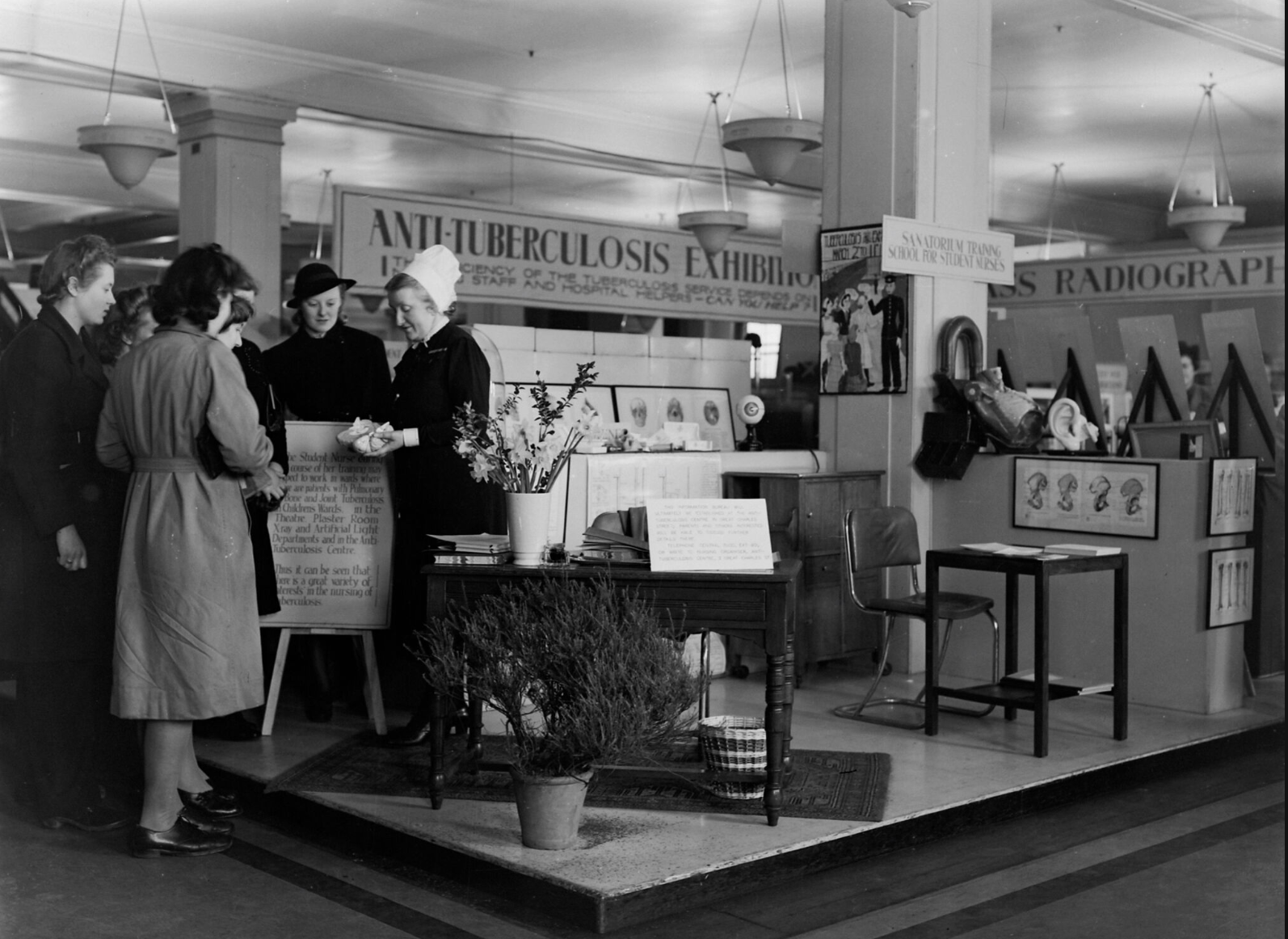
-
Source
Men's crisis centres help the most vulnerable men (Russian Federation)
In the Russian Federation, various crisis centres offer men psychological support alongside medical and legal assistance. For example, the Altai Regional Crisis Centre for Men explicitly sets out to challenge certain traditional masculinity ideals:
'The purpose: to support the physical, mental and social health of men of working age through the provision of social, psychological, sociomedical, legal assistance to men in crisis …
It is generally believed that strong men do not need support because they are naturally endowed with the ability to stoically face all difficulties and cope with emerging problems. This myth does not help a man at all. On the contrary, it can aggravate his emotional state if he cannot immediately resolve the difficult situation he finds himself in. Psychological counselling … creates the conditions for acquiring new knowledge and skills to address men’s existing problems.
The aim of the Centre is to preserve, maintain and restore the mental and social health of boys and men living in the Altai Region.'
Other centres provide support for specific populations of men, for example victims of physical, sexual or psychological violence; the “Colon” Crisis Centre for Male Victims of Violence in St Petersburg states, “Every day we help men from different cities to obtain free, anonymous psychological and legal help in our centre”.
The Crisis Centre for Men in Syktyvkar (State Budgetary Institution of the Komi Republic “Centre for the social rehabilitation of homeless, unemployed persons in Syktyvkar”), which supports men in desperate circumstances, works to:
'solve problems and provide social protection for men trapped in difficult life situations: homeless men, ex-prisoners and war veterans. The range of social services includes legal, psychological and medical help.'
As this type of centre caters for a range of issues, the reason for men’s attendance will not be obvious to others, resulting in less stigma.
Photo by Evgeny Nelmin on Unsplash




